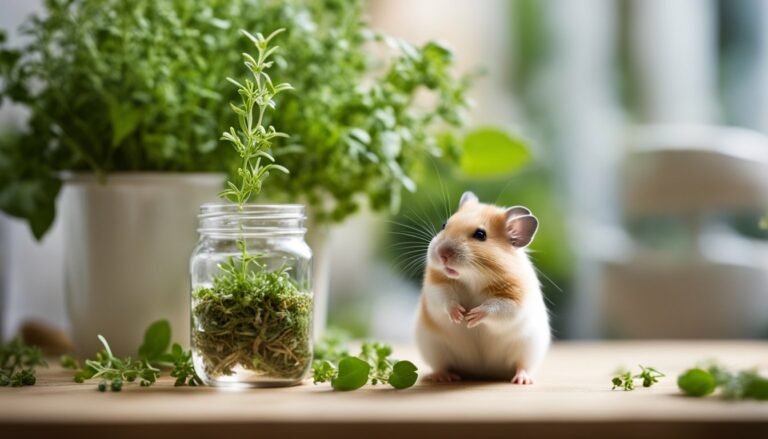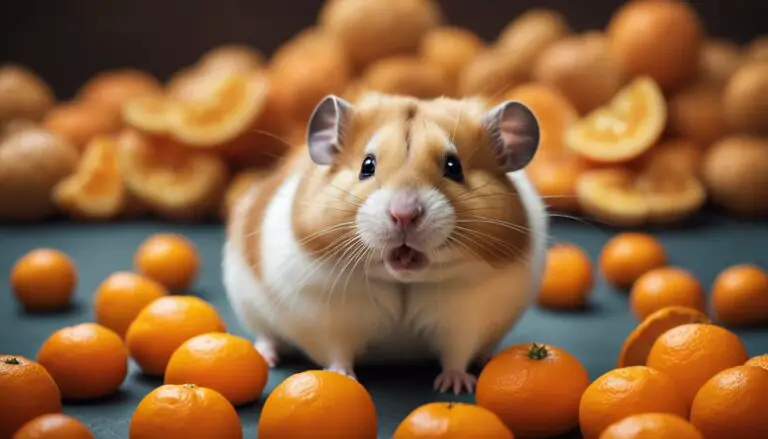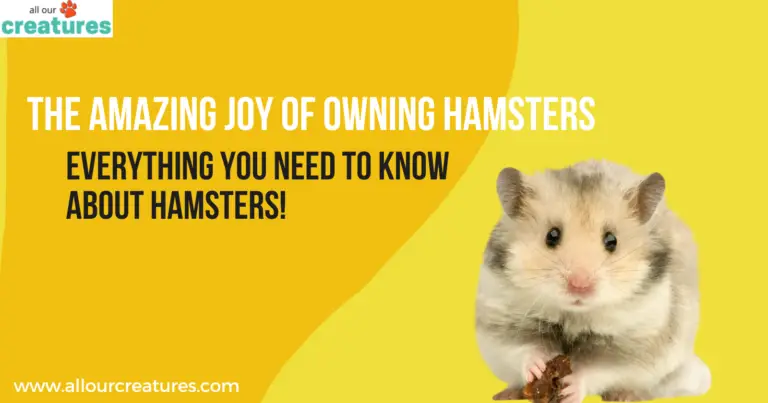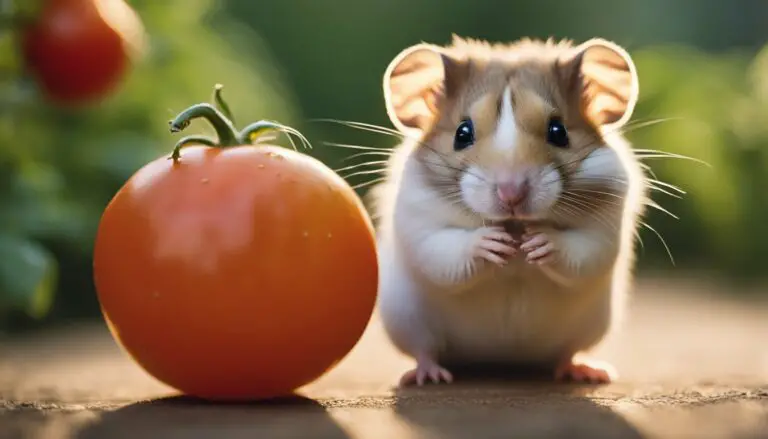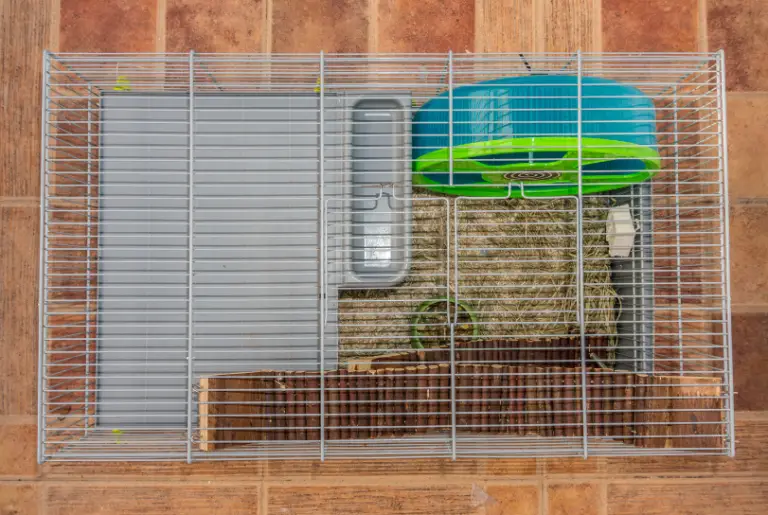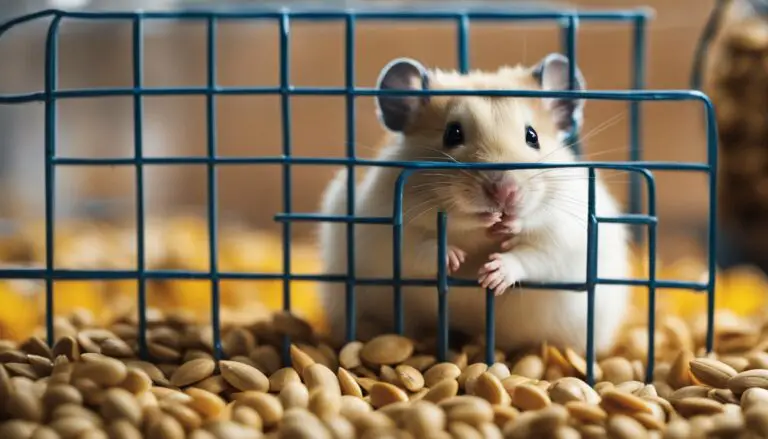What Can Hamsters Eat? The Dos and Don’ts of Feeding My Hamster
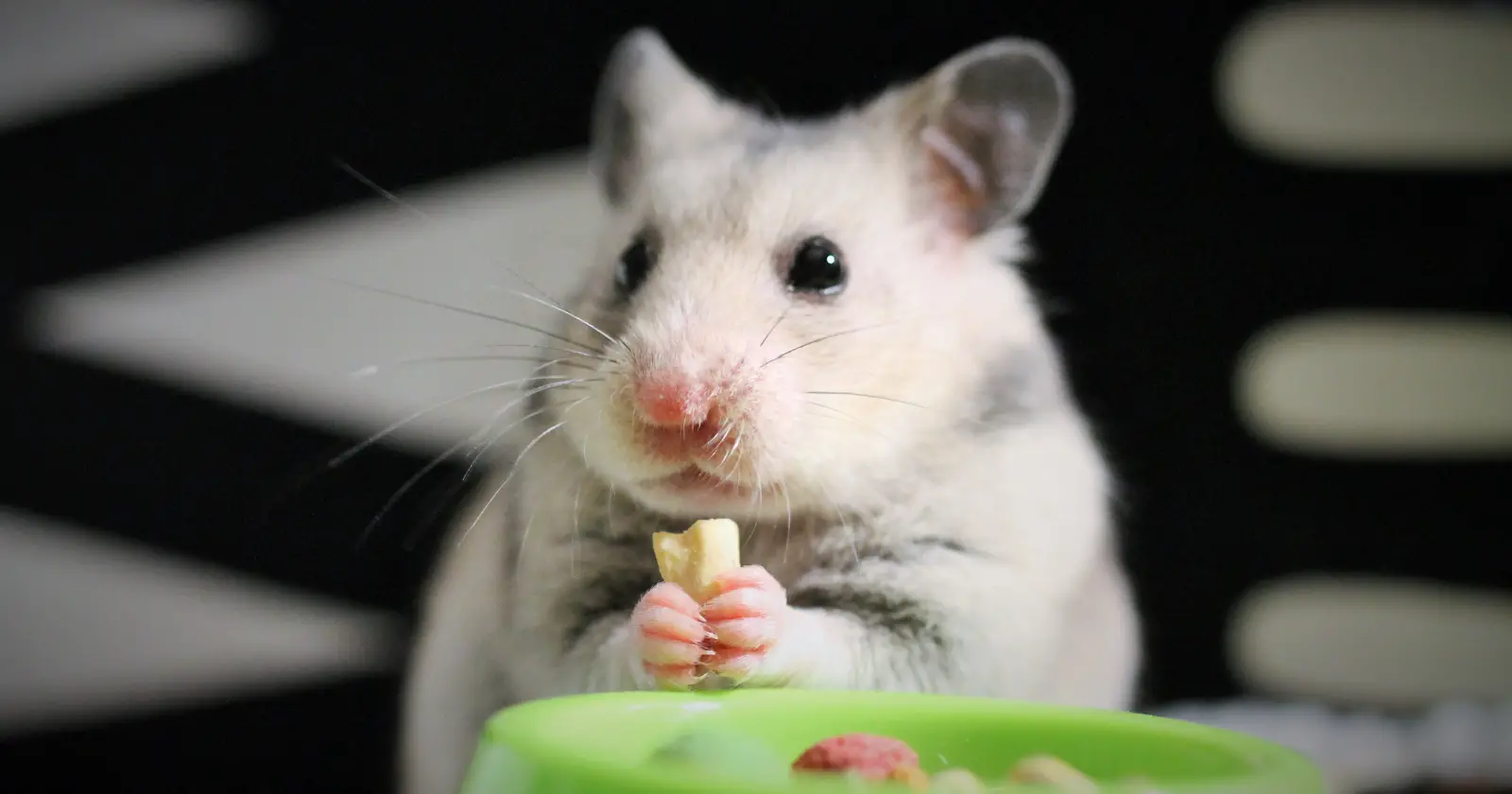
Hamsters belong to the rodent family and are famous as pets around the globe. If you intend to know what can hamsters eat, let us tell you that these are low-maintenance pets, and so is their diet. It won’t let you break the banks to fill their stomach.
Generally, hamsters are omnivores in the wild, but if kept in captivity, they can be tamed as herbivore animals. Their diet mainly consists of nuts, seeds, grains, fruits and vegetables, and occasional treats with meaty products.
However, their diet should be in moderation as hamsters are prone to diabetes. Therefore, adequate feeding, like clockwork, is essential. Moreover, hamsters are nocturnal; therefore, you should plan their diet accordingly.
Contents
Table of Contents
Can Hamsters Eat Celery?
Celery has exceptional nutritional benefits to offer for your hamster. It has fibers, vitamins, antioxidants, and water. Therefore they offer a good option as a weekly menu for hamsters. Just make sure to offer them hamster bite-size bits for adequate feeding.
Safe Foods for Hamsters
Looking for safe foods for your cute little hamsters is the first and foremost challenge you might encounter. Deciding what can hamsters eat without feeling under the weather is tedious. Therefore, a balanced nutritious, and varied diet is essential.
Fruits & Vegetables
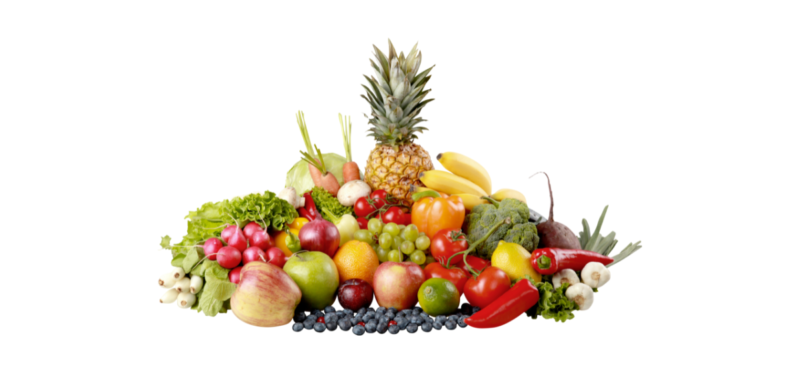
Can Hamsters Eat Grapes?
Yes, hamsters can eat grapes; however, peeling the skin as a starter is critical. Moreover, ensure that the seeds are removed, or you should buy seedless grapes. It is to protect hamsters from choking on seeds. Moreover, slice the grape into pieces before feeding them.
Can Hamsters Eat Carrots?
Carrots are a healthy diet for hamsters. Carrots have vitamin A, which is good for the eyes, and antioxidants capable of fighting cancers. A limited quantity of carrots is a good treat for hamsters. Moreover, timely cleaning of foods is necessary before they rot in the cage.
Can Hamsters Eat Strawberries?
When we talk about what can hamsters eat, strawberries are also a good option. However, it would be best if you gave strawberries in fewer quantities. Studies also suggest strawberries are capable of fighting tumors. Moreover, ensure the timely removal of any uneaten fruit.
Can Hamsters Eat Bananas?
What can hamsters eat? Bananas are a good source of fiber; therefore, they’re a good option as fruity treats for hamsters. But you should give it in minimum quantity as bananas are rich in sugar. Hence hamsters are prone to diabetes.
Can Hamsters Eat Blueberries?
Yes, hamsters can have blueberry treats. Knowing what can hamsters eat is beneficial for them to keep them up and alive altogether. Blueberries contain vitamin C, which boosts the immune system; therefore, they’re a good treatment option.
Can Hamsters Eat Apples?
You can feed hamsters with apples in moderation. Ensure and avoid not feeding the stem and seeds to prevent choking. Moreover, wash the apples without pesticides before providing hamsters with a slice. Nonetheless, peeling off the apple skin is equally important.
Grains & Seeds
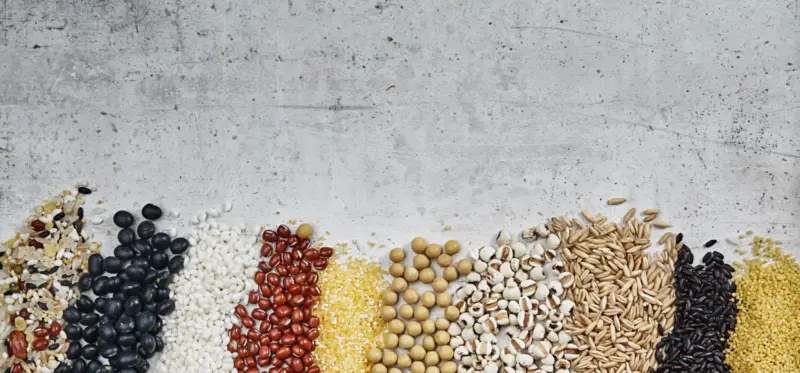
Sunflower Seeds
You’ve been wandering around thinking about what can hamsters eat, right? Hamsters also love to eat sunflower seeds provided with other food or as treats. Sunflower seeds are a benevolent source of fat and vitamins and offer a balanced diet for hamsters.
However, feed them with seeds in moderation, as it may cause obesity and diarrhea. Moreover, the hard shell of sunflower seeds allows hamsters to work on their teeth. The hard diet keeps their teeth healthy by scraping off the excess as their teeth grow.
Mixed Seeds
You can buy mixed seeds available in pet stores readily. Mixed seeds are specifically formulated for hamsters to fulfill their dietary needs. Moreover, these seeds offer a balanced diet for hamsters to keep them alive and kicking.
Sesame, flax, pumpkin seeds, corn kernels, and wheat are common seeds you may find in these packages. You must know while reading what can hamsters eat that an appropriate diet fulfilling their daily requirements keeps them on top of the world.
Commercial Hamster Mixes
Do you know the easiest and foremost approach for what can hamsters eat? You can go for commercially available hamster pellets readily available at pet stores. Pelleted foods offer a balanced diet to the hamsters and ensure their health.
Moreover, commercial foods are also preferred over grain seeds as they pick out grains they don’t like. It may lead to a lack of essential nutrients in your cute little furballs. What can hamsters eat?
Foods to Avoid
Chocolate and Sugar
One does like to share their biscuits and treats with their pets. The same is the case with hamster owners; therefore, a nibble of biscuits might not affect their health, but chocolates contain theobromine that puts them under the weather. Moreover, it is rich in sugar.
Therefore, avoid feeding hamsters with any chocolates. However, occasional biscuit treats work well with them. Make sure to keep them out of the reach of hamsters.
High-Fat and High-Salt Foods
What can hamsters eat is a common query of hamster owners. But little do they know what they shouldn’t provide their hamsters. High-fat content affects insulin uptake leading to diabetes in hamsters, while high-salt food may lead to water retention and altered kidney function.
Caffeine and Alcohol
Caffeine is a known stimulant found in coffee. It affects the Central Nervous System (CNS), increasing productivity. But, if a hamster consumes even a slight amount of caffeine, it may skyrocket its heartbeat, which may be life-threatening.
We have attached a Youtube video below. The video will help you better understand what can hamsters eat and what you should avoid feeding them.
What do Hamsters Eat – What can Hamster eat – What to feed Hamsters
Healthy Treat Options for Your Hamster
Mealworms
What can hamsters eat? It might sound creepy, but hamsters love eating creepy creatures. It comes with their instincts in the wild to munch on worms, insects, and bugs. Eating worms and bugs makes them full of the joys of spring.
Worms and insects are a great source of energy for hamsters. However, these can be taken live or dried. Furthermore, getting your hands on live worms is tricky as you won’t find any in pet stores. Moreover, dried worms reduce the risk of a hamster being bitten.
Meanwhile, don’t exceed the recommended mealworms: two mealworms alternate days for Syrian hamsters and one alternate mealworm day for dwarf hamsters. Mealworms are rich in proteins and fats, therefore, may lead to obesity.
How Often to Give Treats and in What Quantities?
Feeding hamsters with treats at least twice a week. However, there is a difference between everyday treats and weekly treats. Everyday treats consist of fruits and vegetables, while weekly treats may include hard diets such as nuts and seeds that encourage teeth trimming.
Supplementing Your Hamster’s Diet
Vitamin A
Vitamin A is essential to promote growth in hamsters; therefore, carrots and green leafy vegetables are a good treat. Maintaining a healthy dose is necessary as excess may lead to vitamin A toxicity leading to congenital disabilities and systemic damage.
Vitamin B
Meat is a good source of vitamin B and is known to reduce stress. Therefore, feeding hamsters unfried and unseasoned meat without oil is the cherry on top. However, excessive feeding may lead to diarrhea, irritability, and cramps.
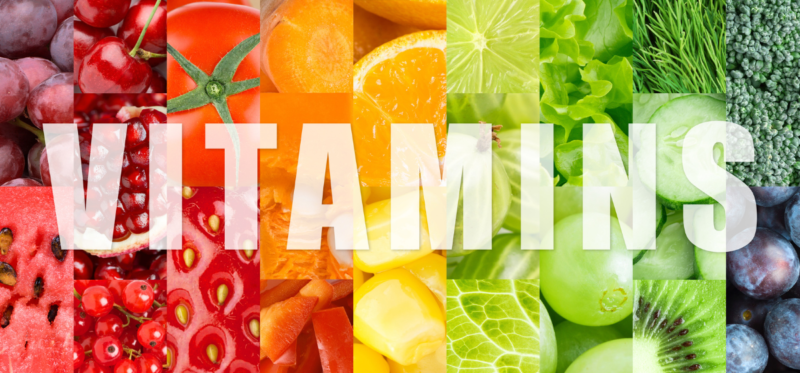
Vitamin C
What can hamsters eat? Vitamin C is essential to promote healing; therefore, it is crucial for hamsters. A deficiency of vitamin C may lead to a disease known as Scurvy. The hamster may feel under the weather, lethargic, lose fur, and have difficulty walking.
Vitamin D
Vitamin D is a known precursor for bone development. Any deficiency of vitamin D may lead to Rickets, a bone disease. Green vegetables are rich in vitamin D, but remember, excess of anything has drawbacks. Vitamin D toxicity also can cause diarrhea and weight loss.
Zinc and Copper
Zinc and copper help breakdown down proteins. Therefore it is an essential part of what can hamsters eat. Lentils, yogurt, turkey, and beef are natural sources of zinc and copper. So, feeding hamsters with such food is equally important.
Conclusion
You’ve been through the list of what can hamsters eat. But that does not mean that each fruit and vegetable may suit each hamster. Abstain from feeding hamsters with citrus fruits, almonds, chocolates, and celery. These treats may lead you up a creek without a paddle.
Moreover, ensure each fruit is thoroughly washed before feeding hamsters. Some fruits require peeling their skin, ensuring the hamster’s safety instead of putting them six feet under the ground.
Above all, if you plan to introduce a new food to hamsters, it is ideal to do so over ten days, slowly tapering off from the old diet and introducing new food side by side. It may also help see any health changes within hamsters. Visit All Our Creatures to learn more.

